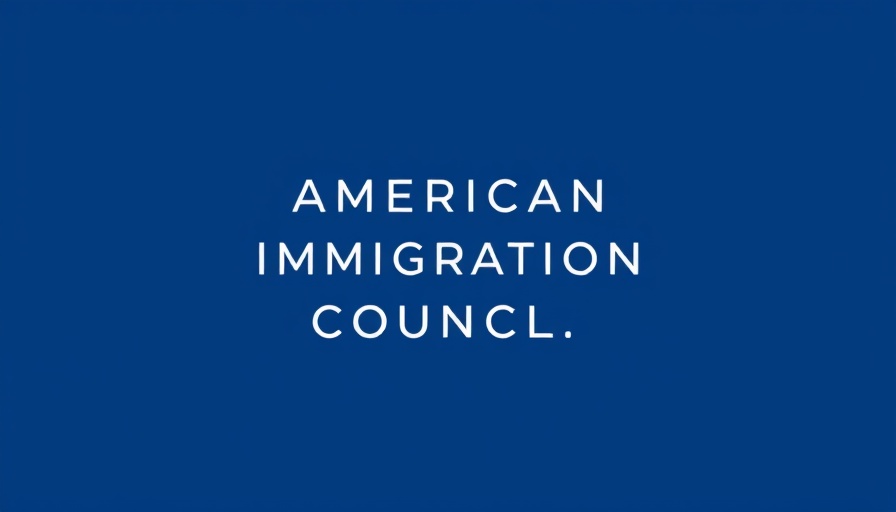
Reassessing Refugee Status: A Timely Discussion
The recent end of the Syrian civil war illuminates a pressing question concerning refugee policies worldwide: should the status of refugees be conditional? In Lebanon, former President Michel Aoun has urged the revocation of Syrian refugee status, suggesting that changes in Syria's political landscape necessitate a reassessment of long-term resettlement strategies.
Current Landscape of Syrian Refugees
As of mid-2025, the situation for Syrian refugees in Lebanon has started to shift, with over 700,000 returning to Syria following the Assad regime's decline. It's a pivotal moment for those still residing in the U.S., where more than 53,000 Syrians have been resettled since FY 2011. The U.S. faces a complex decision regarding resettled refugees, as many have yet to fully adjust their immigration status. The prospects of these individuals lead to the broader conversation of conditional residency for refugees.
Advantages of Conditional Residency
Implementing conditional residency for refugees could present several unique benefits. Rather than granting immediate permanent residency—a status giving rise to citizenship eligibility—it may be wise to allow a temporary status that could adapt to changing conditions in their home countries. This approach could facilitate the return of refugees to Syria if improvements are made, ultimately as per the original intent of their migration.
Future Trends and Insights
Looking ahead, the international community may take cues from Lebanon's example. With potential shifts in political dynamics in countries like Syria, the refugee policy landscape must evolve alongside these developments. It poses challenges but also offers opportunities to rethink how countries provide aid and services to refugees, potentially prioritizing regional solutions rather than resettling them far from their origins.
Seeking Balance in Policy
If the U.S. Congress considers this reevaluation of refugee status, they must balance humanitarian obligations and international law with a practical approach that encourages voluntary return programs. The need to adapt policies to reflect on-ground realities reinforces the idea of flexible immigration protocols adjusted to current events.
In conclusion, as nations around the world look at how to handle the refugee crisis, the notion of conditional status could pave the way for not only better policy outcomes but could also reflect a shift towards a more responsive and humane approach to global displacement issues.
 Add Row
Add Row  Add
Add 




Write A Comment